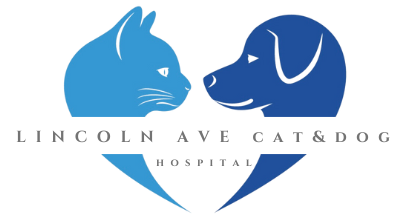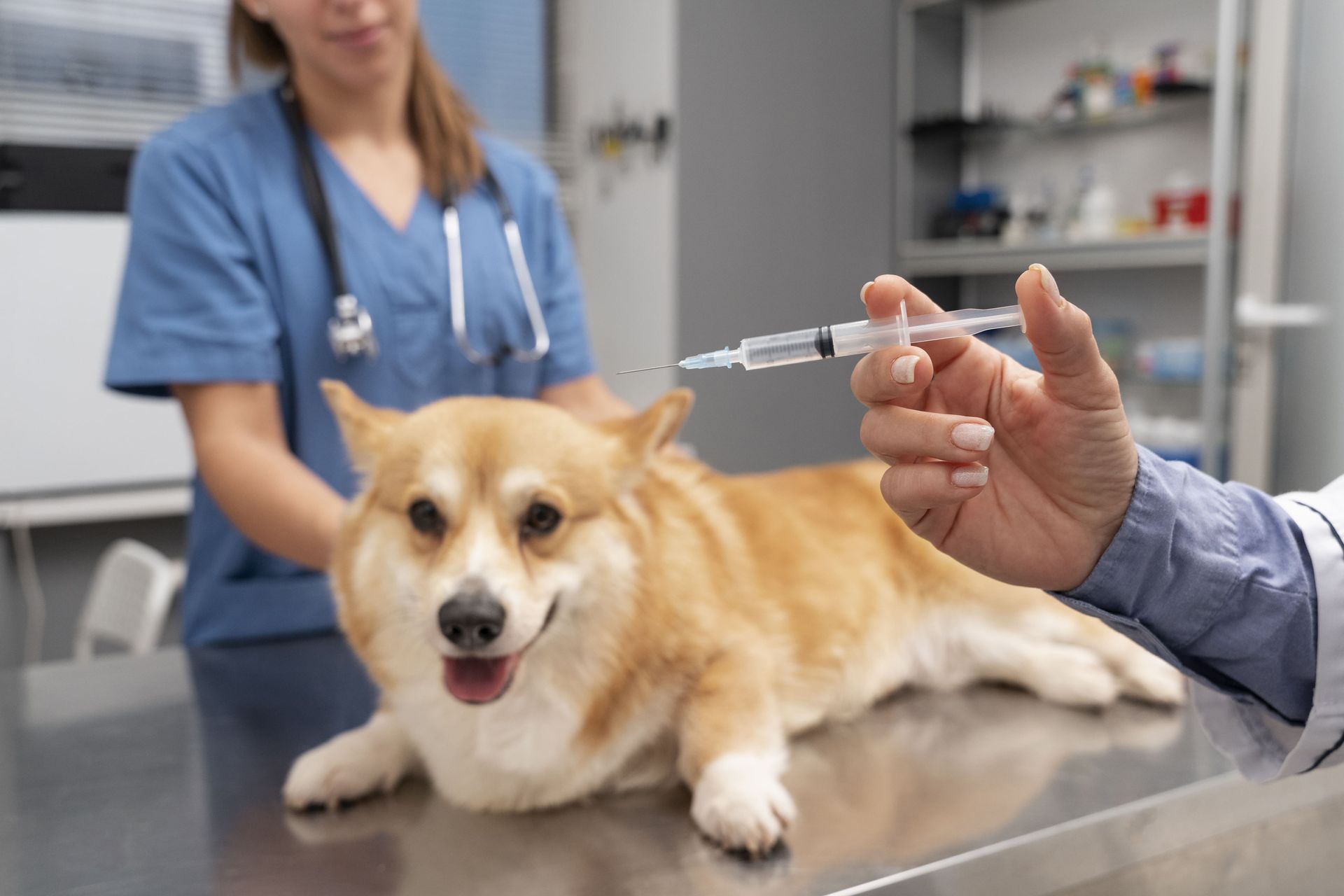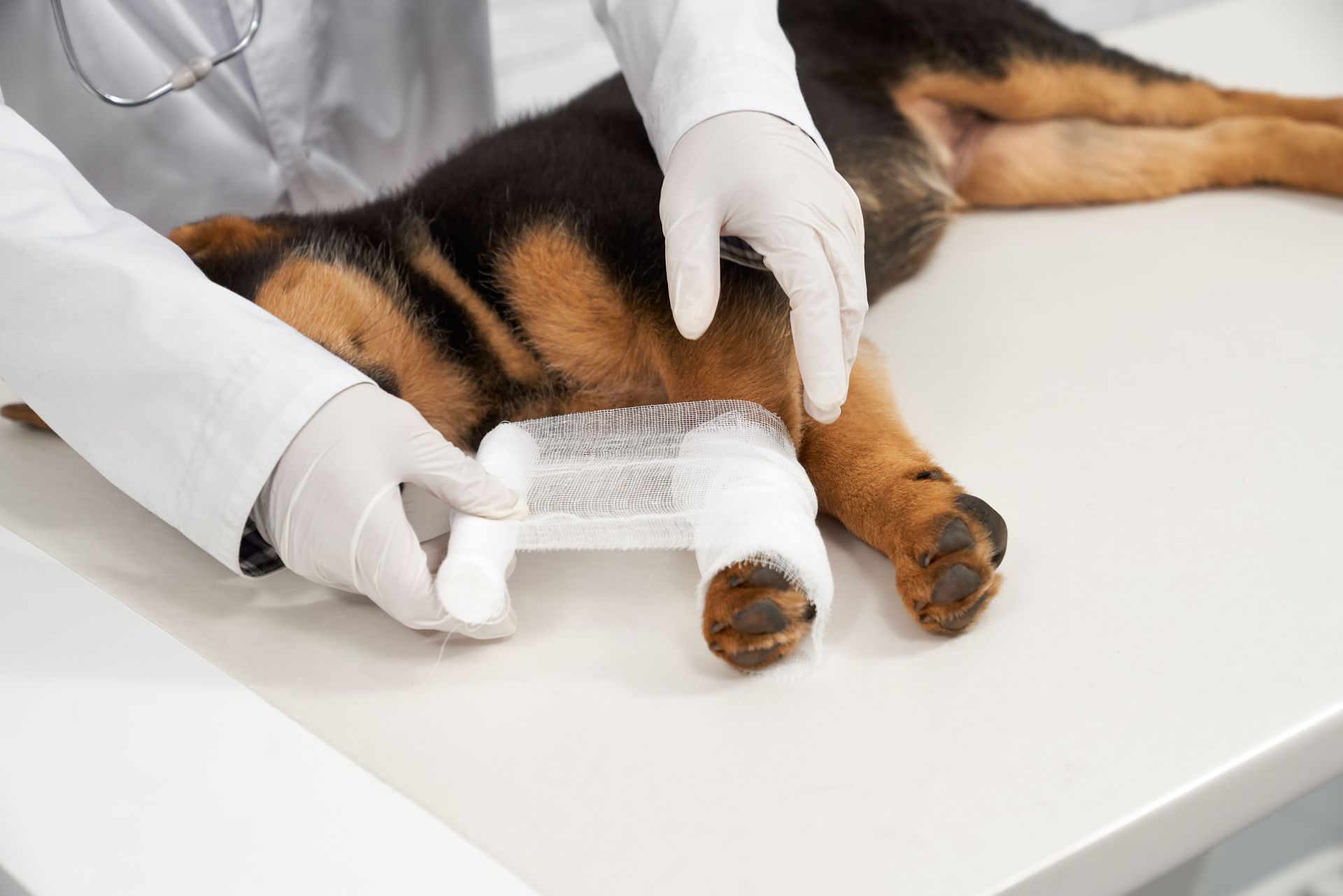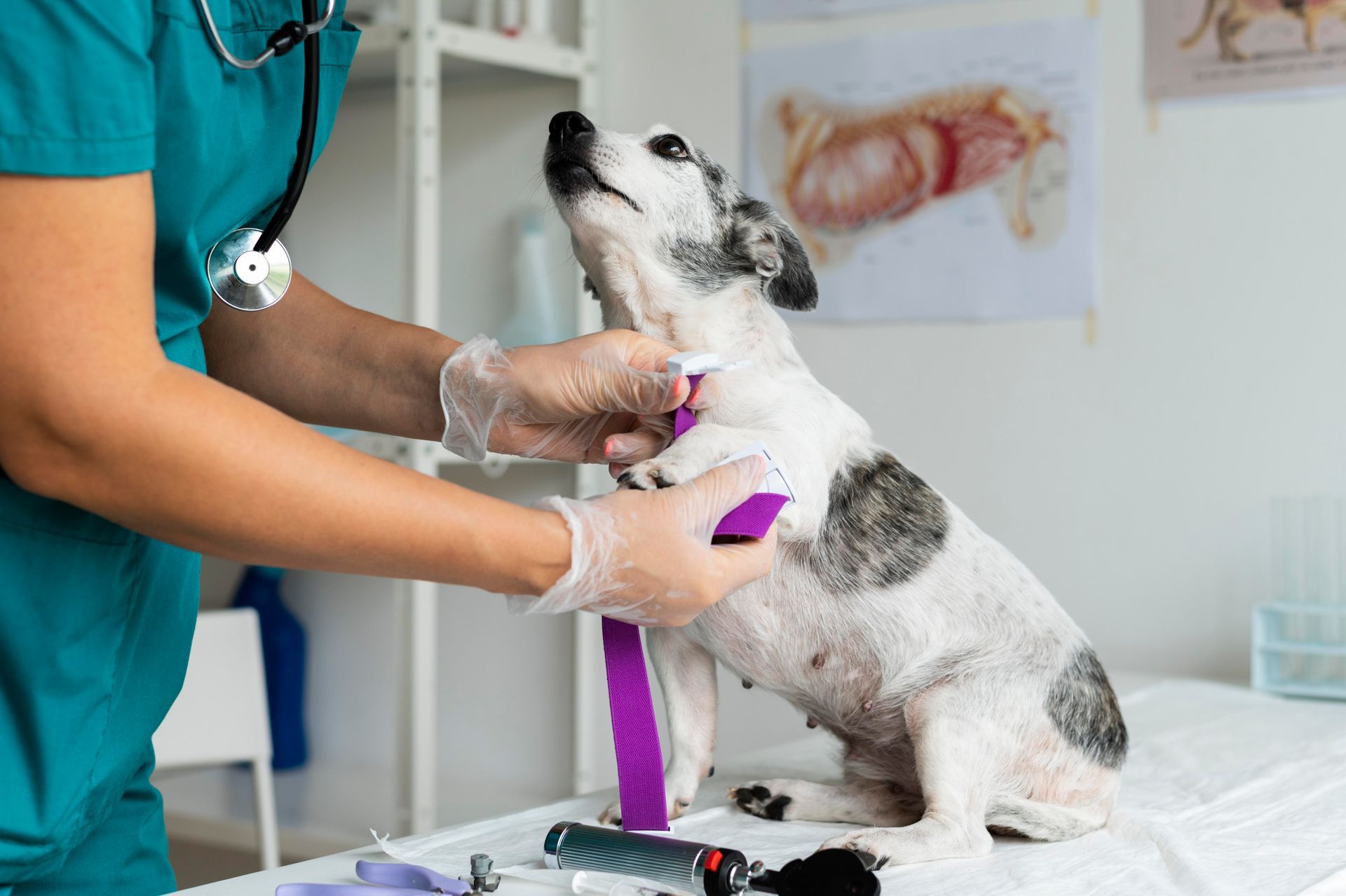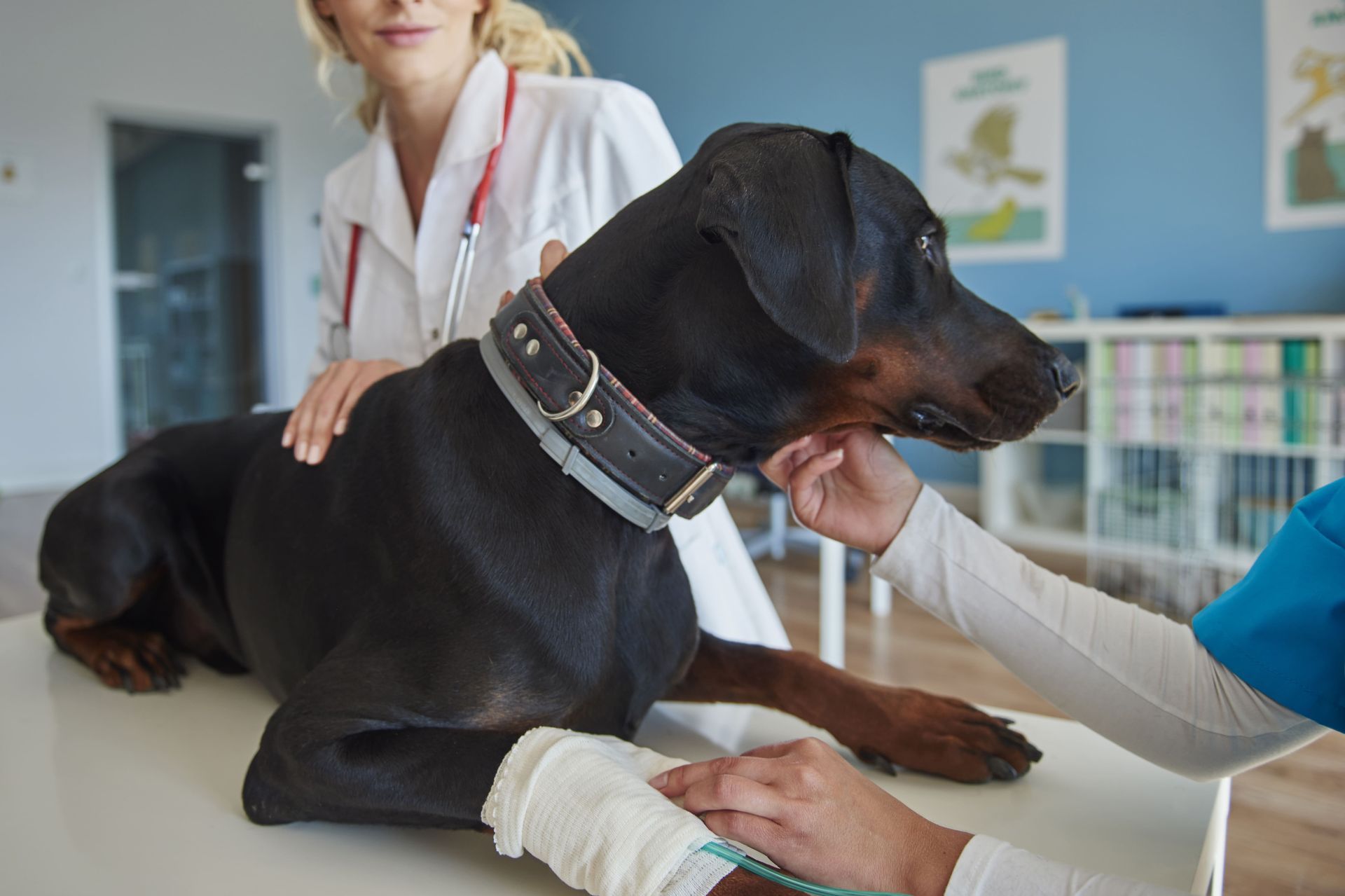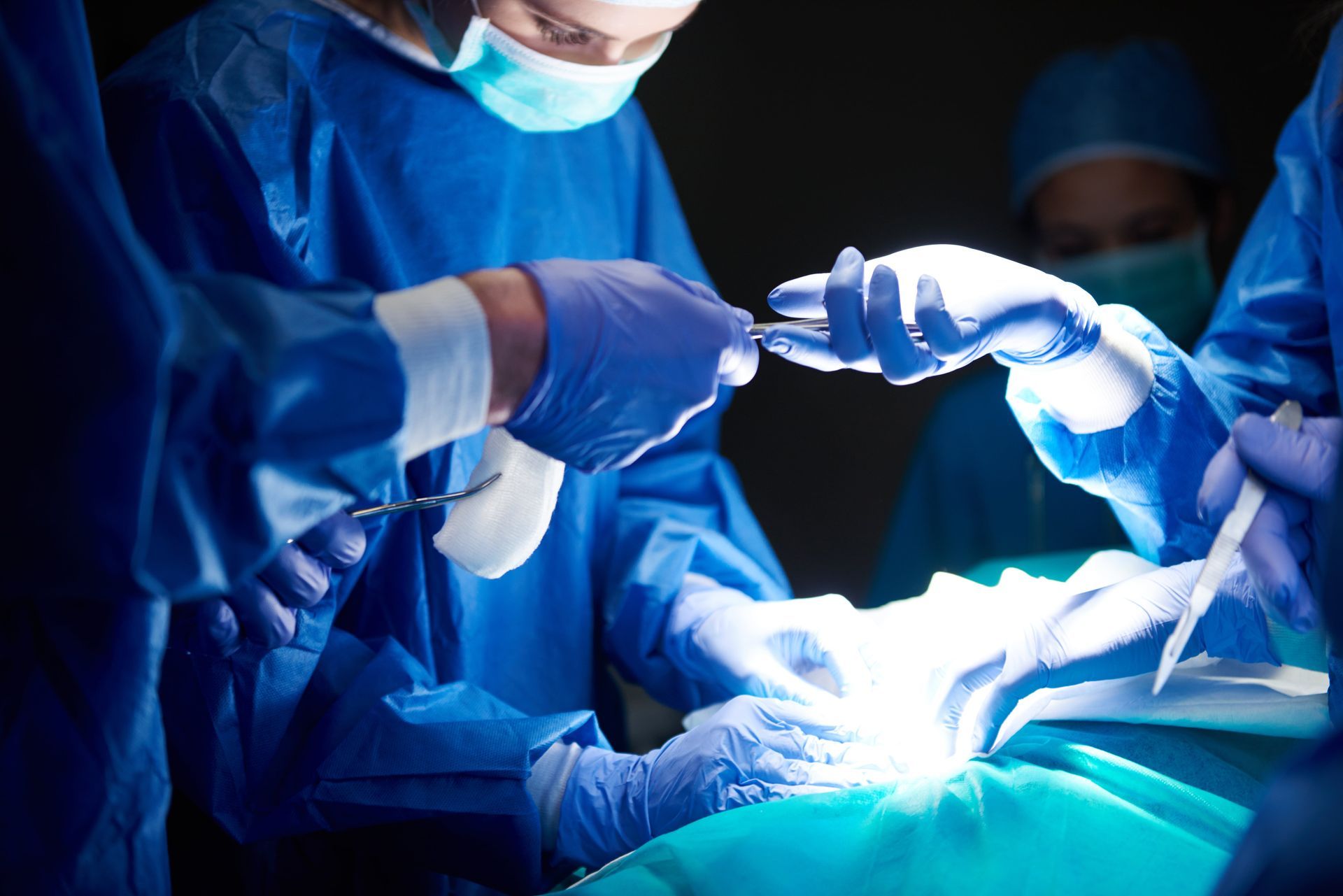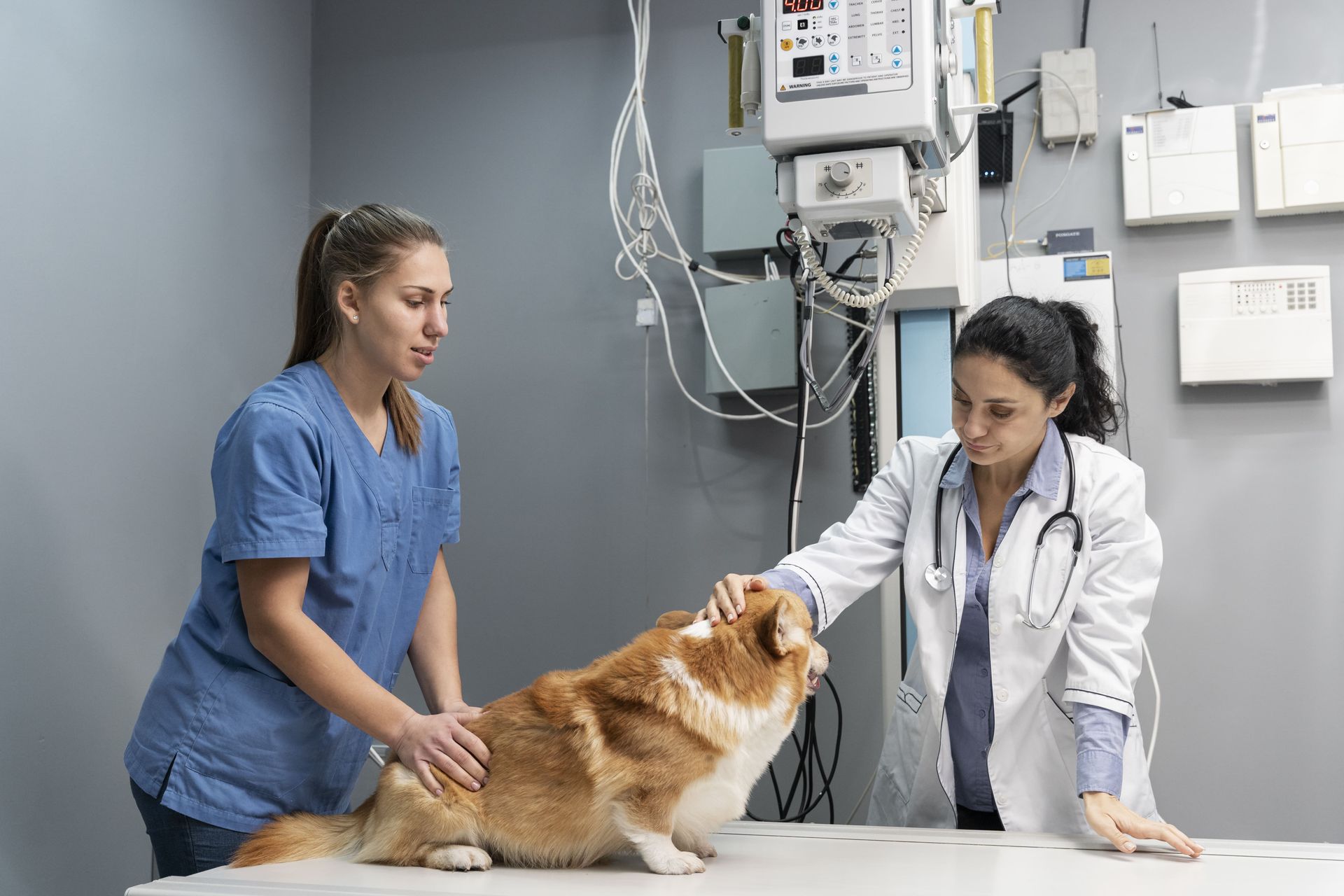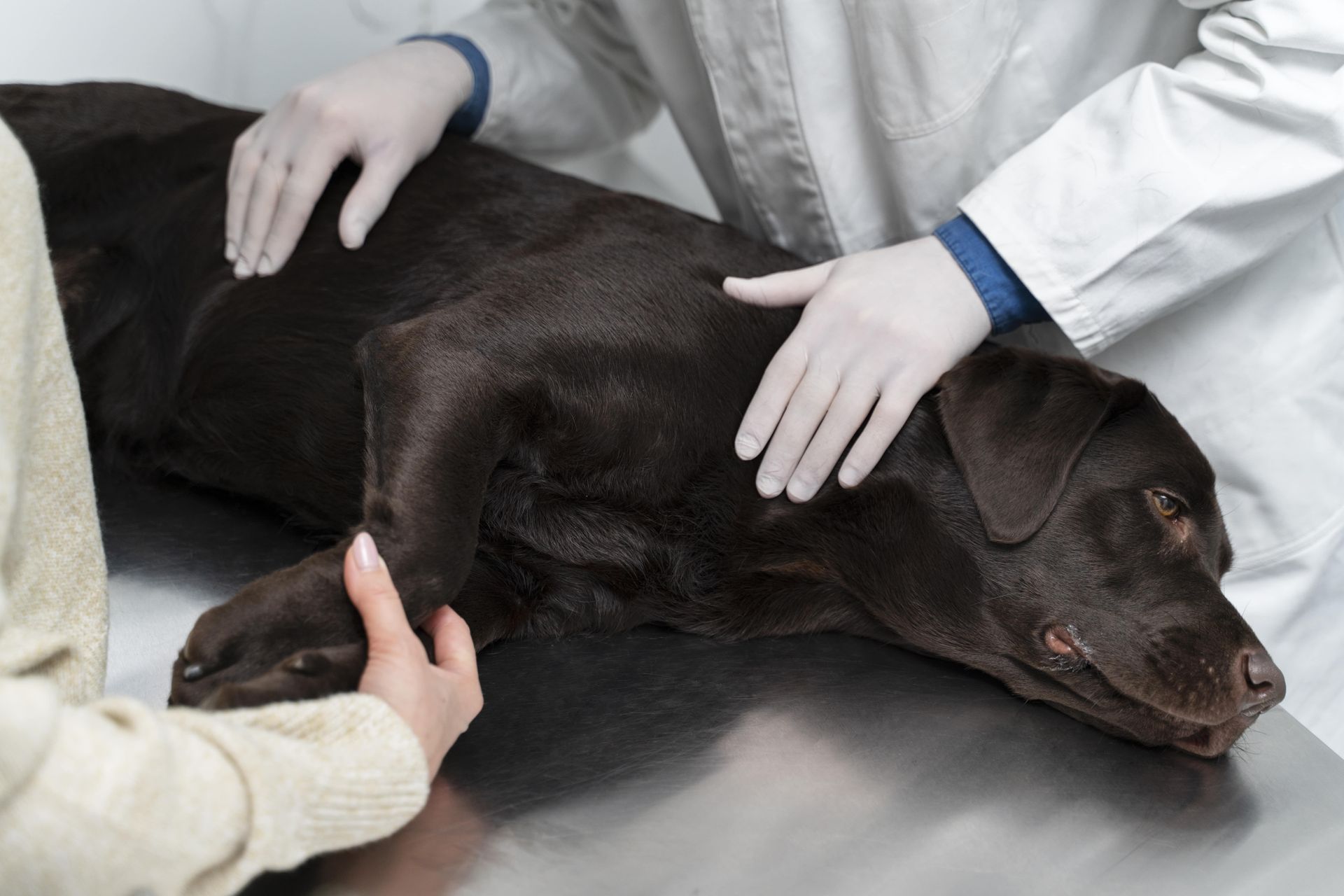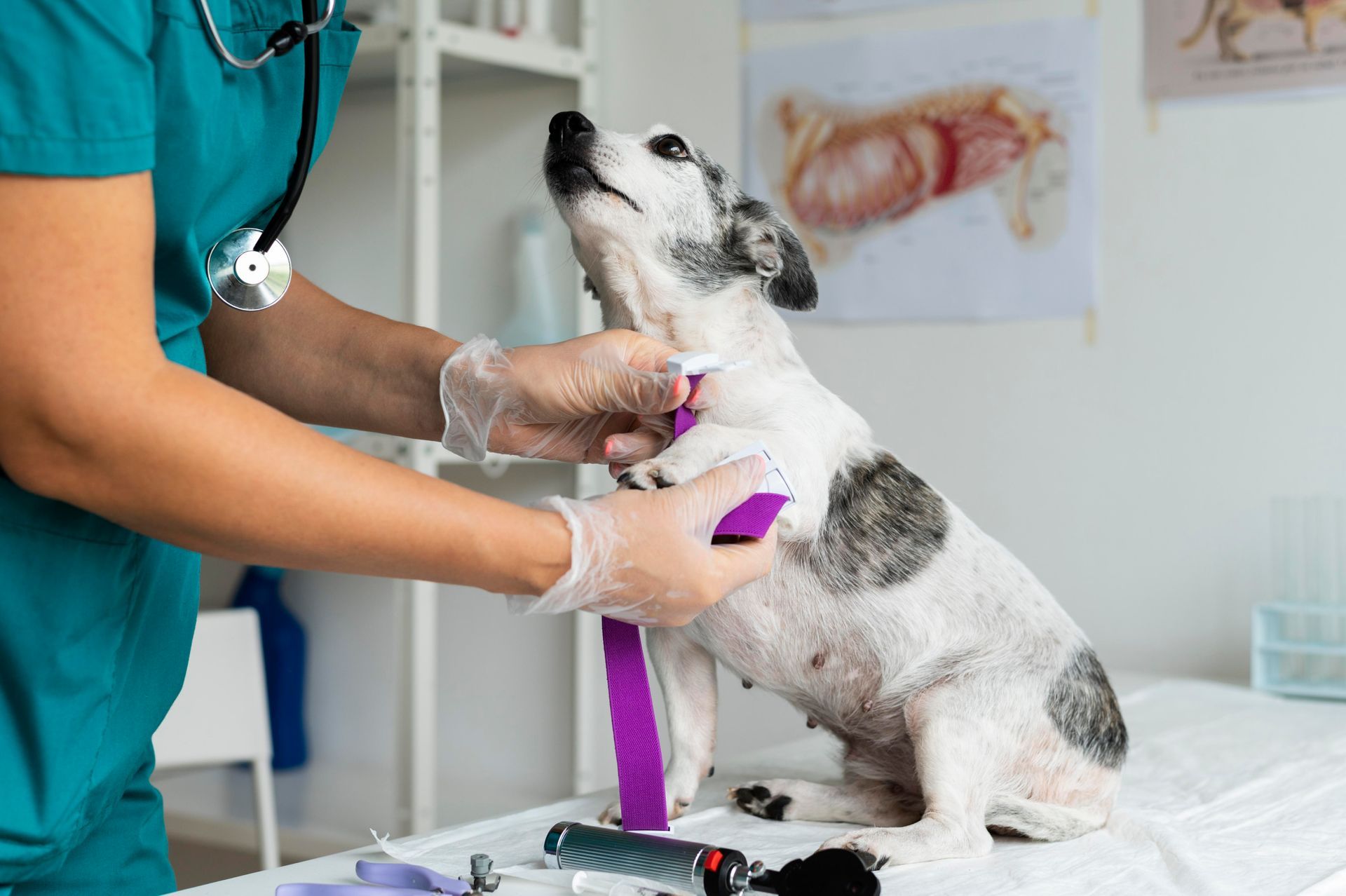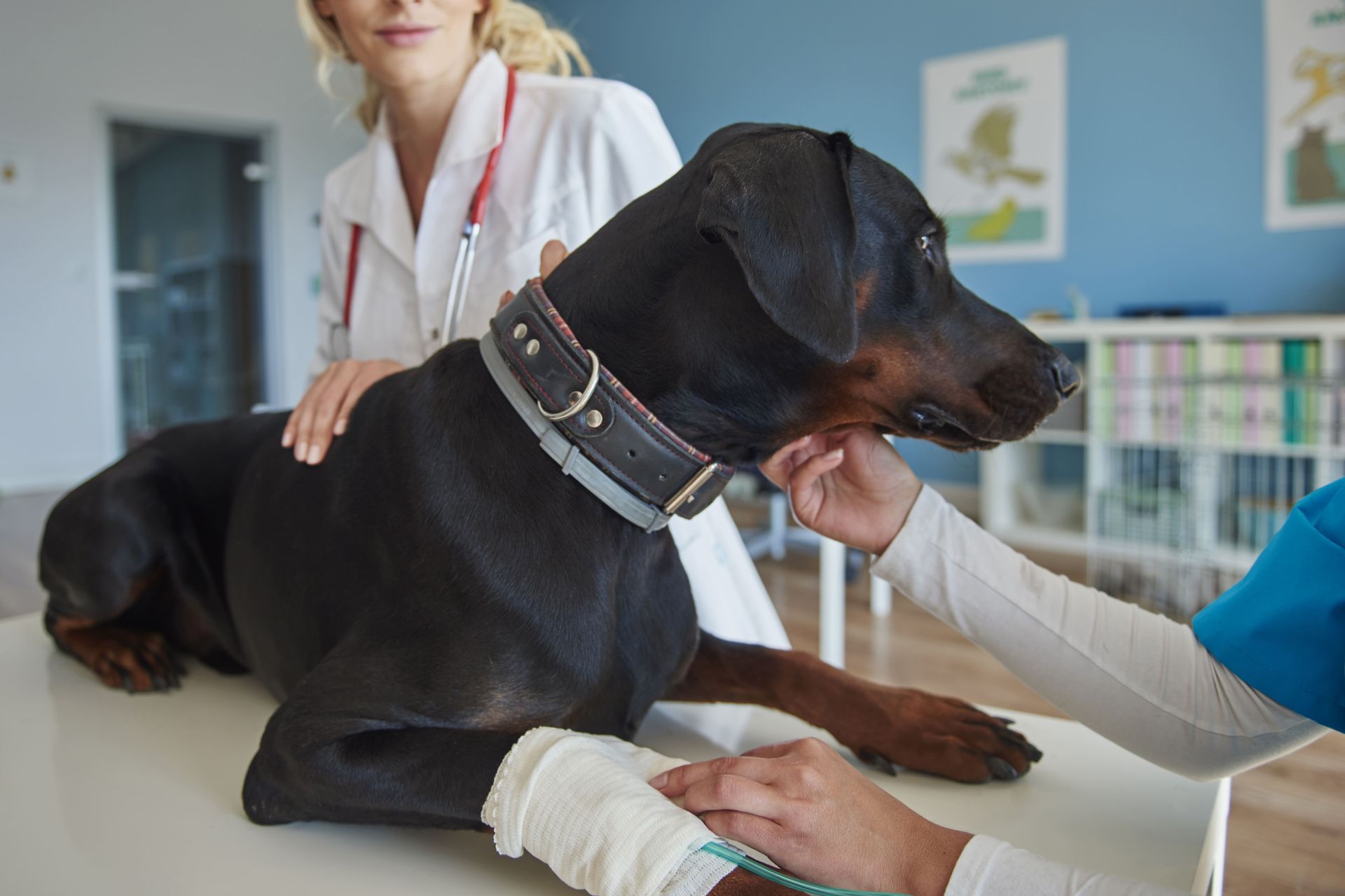How Can Pet Radiology Services Detect Health Issues Early?
When it comes to our furry companions, their health and happiness are always top priorities. Just like humans, pets can experience a wide range of medical issues—some of which aren’t always visible to the naked eye. That’s where pet radiology services come in. These advanced diagnostic tools—like X-rays, ultrasounds, and MRIs—allow veterinarians to see inside your pet’s body without invasive procedures. Whether it's detecting a hidden fracture, spotting early signs of disease, or monitoring a chronic condition, imaging plays a vital role in keeping pets healthy. By catching problems early, pet radiology ensures timely treatment and a better quality of life. In this article, we’ll explore how pet radiology services help safeguard your pet’s well-being at every stage of life.
Understanding Pet Radiology Services
Pet radiology services involve the use of imaging techniques such as X-rays, ultrasounds, and MRIs to diagnose health issues in animals. These services provide veterinarians with a non-invasive way to look inside a pet's body to identify underlying problems.
In essence, pet radiology services act as a window into your pet's internal world. X-rays, for instance, are commonly used to view bones and can help diagnose fractures, arthritis, and other skeletal disorders. Ultrasounds are invaluable for examining soft tissues, aiding in the assessment of organ health without the need for surgery. MRIs, though less common due to their cost, offer detailed images of soft tissues, proving essential in neurology and complex cases.
Ever wondered how veterinarians seem to know what’s going on inside your pet without any external signs? That’s the magic of pet radiology services — offering invisible insights with visible impact.
The versatility of these diagnostic tools ensures that no matter the size or breed of the animal, veterinarians can effectively diagnose a broad spectrum of health issues. By providing insight that cannot be obtained through external physical exams, pet radiology services are a cornerstone in maintaining and improving pet health.
The Role of Imaging in Early Detection
Imaging techniques can uncover diseases and conditions that might not be evident through a regular physical exam. Early detection is crucial in preventing the progression of diseases, allowing for timely intervention and better outcomes.
For example, conditions like hip dysplasia may be invisible until they progress significantly, yet early detection via pet radiology services can lead to interventions that minimize discomfort and degeneration. Similarly, imaging can detect tumors at an early stage, often leading to less invasive treatment options and higher success rates.
Moreover, imaging plays a pivotal role in chronic disease management. Regular radiologic assessments can track the progression of chronic conditions, like kidney disease or heart failure, allowing adjustments in treatments to ensure that pets maintain the best quality of life possible.
Think of pet radiology services as your pet’s secret superhero—quietly working behind the scenes to detect problems before they grow into villains.
Common Health Issues Detected by Radiology
Pet radiology services can help detect a range of issues from bone fractures and tumors to heart disease and gastrointestinal disorders. The ability to spot these conditions early is essential in managing and treating them effectively.
Specifically, radiographs are excellent at revealing fractures or dislocations, while ultrasounds can diagnose gallstones or bladder stones non-invasively. More intricate imaging, like CT scans, is sometimes necessary for detailed analysis of tumors or to plan intricate surgeries.
Having access to such detailed insights enables veterinarians to develop comprehensive treatment plans tailored to an individual pet's needs. This precision not only increases the chances of recovery but also optimizes care, minimizing unnecessary procedures or stress for the animal.
From limp tails to strange lumps, pet radiology services shine light on the mysteries of our pets’ health, making the invisible visible.
Benefits of Routine Radiology Check-ups
Regular pet radiology services can aid in monitoring the health of pets over time, ensuring any changes are caught promptly. This proactive approach is especially beneficial for older pets or those with pre-existing health conditions.
Routine check-ups can detect subtle changes that may not yet present as symptoms. Discovering issues like the gradual narrowing of the spinal canal can prevent future pain and mobility issues through early therapeutic interventions.
Additionally, routine imaging increases the chance of catching emerging diseases at a treatable stage. For instance, early detection of heart disease can lead to lifestyle changes and medications that substantially extend a pet's life expectancy and improve quality of life.
Imagine giving your pet the gift of time—a longer, healthier life just by scheduling regular pet radiology services. It’s a small step with big rewards.
Overall, integrating routine imaging into your pet's healthcare regimen is a wise investment in their long-term health. It allows owners to make informed decisions, preserve their pet's well-being, and potentially prolong their life through early intervention and active management of emerging health issues.
Ensuring Optimal Health with Pet Radiology Services
Pet radiology services play a crucial role in the early detection and treatment of health issues in our beloved animals. By utilizing these advanced diagnostic tools, pet owners can gain peace of mind and ensure their pets lead healthy, fulfilling lives.
Whether it’s diagnosing an unseen fracture, monitoring chronic conditions, or identifying a silent tumor, pet radiology services are an invaluable component of modern veterinary medicine.
Remember, when it comes to our pets, prevention and early intervention are key. So next time you're at the vet, don’t hesitate to ask about pet radiology services. It might just be the decision that changes your pet’s life for the better.
Final Words
In a world where our pets can’t tell us when something’s wrong, pet radiology services speak volumes. They offer a safe, effective, and proactive way to monitor and protect your furry companion’s health. Whether through early detection or ongoing management of a known condition, these services empower pet owners with the clarity and control they need. Don’t wait for symptoms—act early, ask questions, and embrace the power of modern pet diagnostics. Because a healthy pet is a happy pet, and they deserve nothing less.
For more on how we can assist with your pet's wellbeing, visit our homepage.
Frequently Asked Questions
Q-1. What are pet radiology services used for?
Ans: Pet radiology services are used to diagnose a range of health conditions in animals, including fractures, organ issues, tumors, and chronic diseases. They help veterinarians look inside the body without invasive procedures.
Q-2. Are pet radiology services safe for animals?
Ans: Yes, they are generally very safe. Imaging techniques like X-rays and ultrasounds are non-invasive and are performed with minimal discomfort. Proper shielding and procedures ensure your pet’s safety during the process.
Q-3. How often should my pet get radiology check-ups?
Ans: Routine check-ups vary depending on your pet’s age and health condition. Senior pets or those with chronic issues may benefit from annual or bi-annual imaging, while younger, healthy pets may only need it as recommended by the vet.
Q-4. Can pet radiology services detect cancer early?
Ans: Yes. Imaging such as X-rays, ultrasounds, and MRIs can detect tumors in their early stages, often before physical symptoms appear. Early detection leads to better treatment outcomes.
